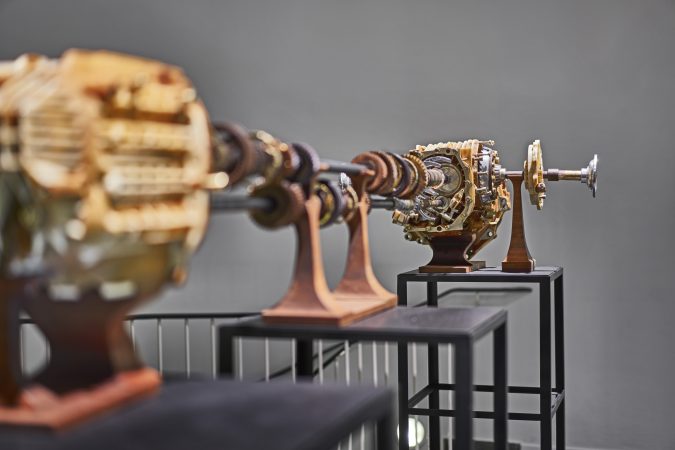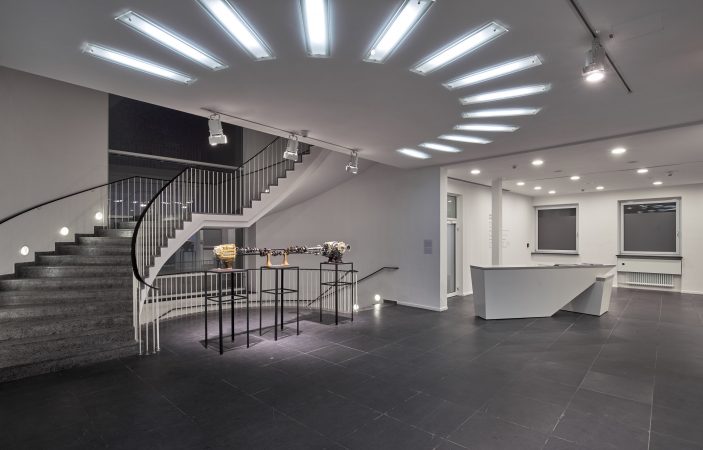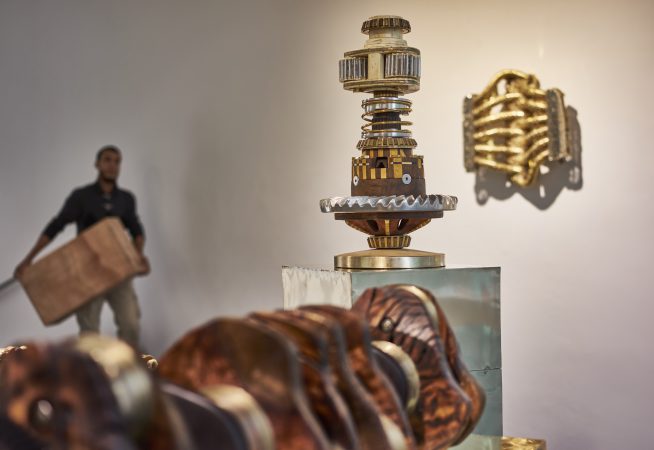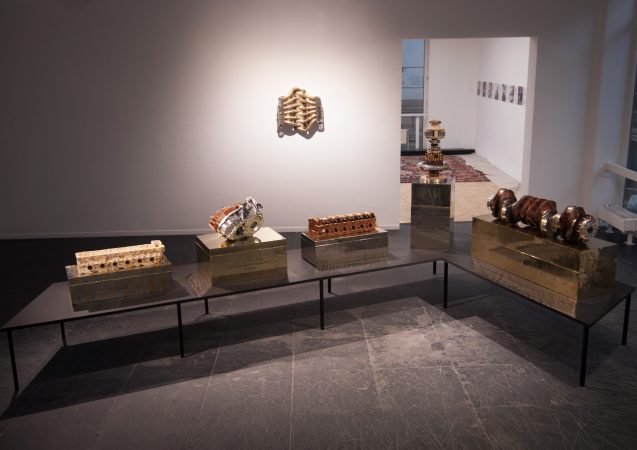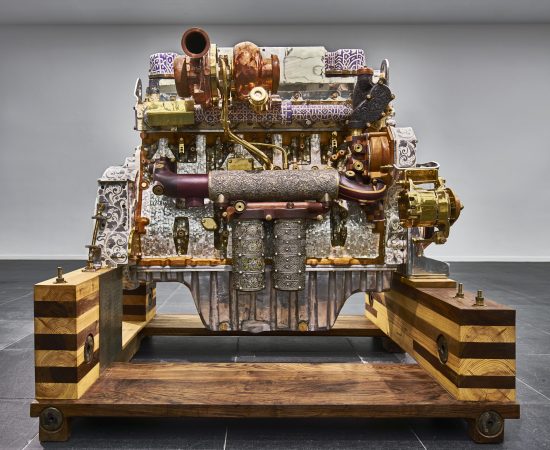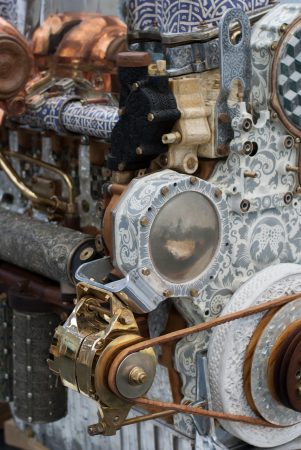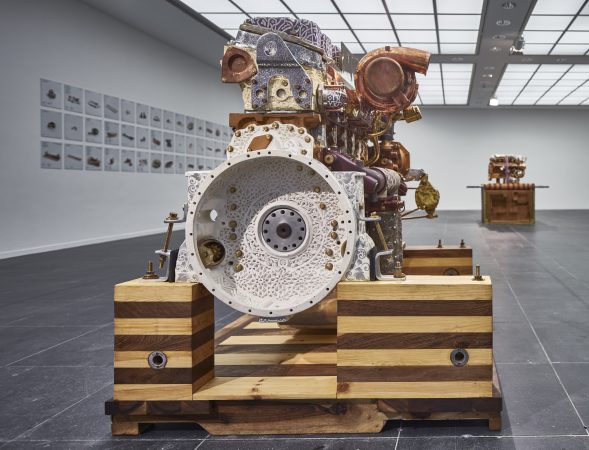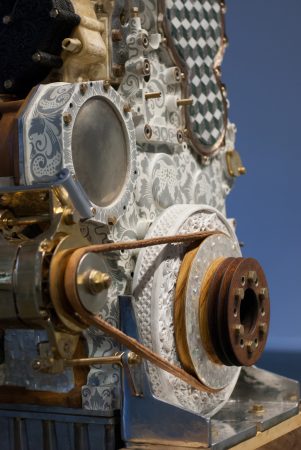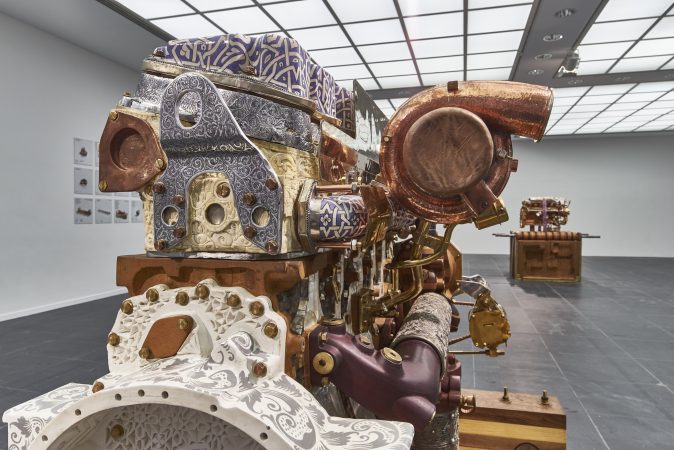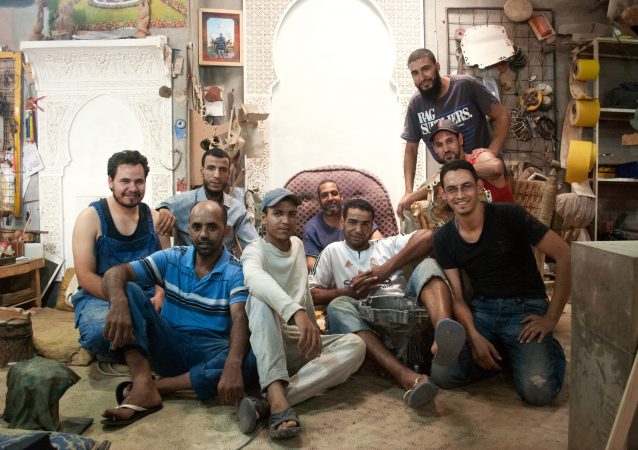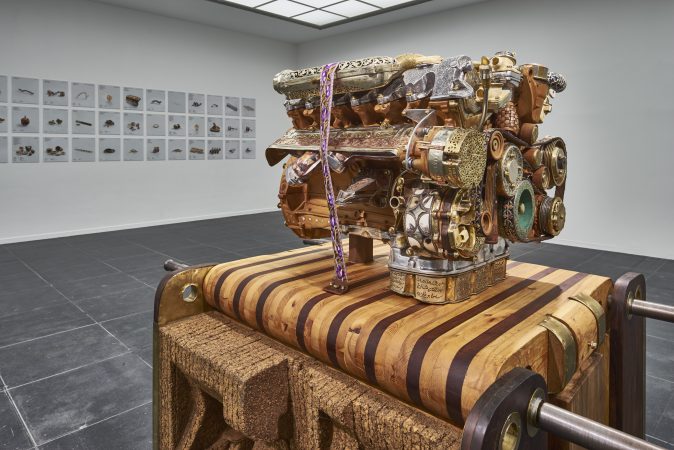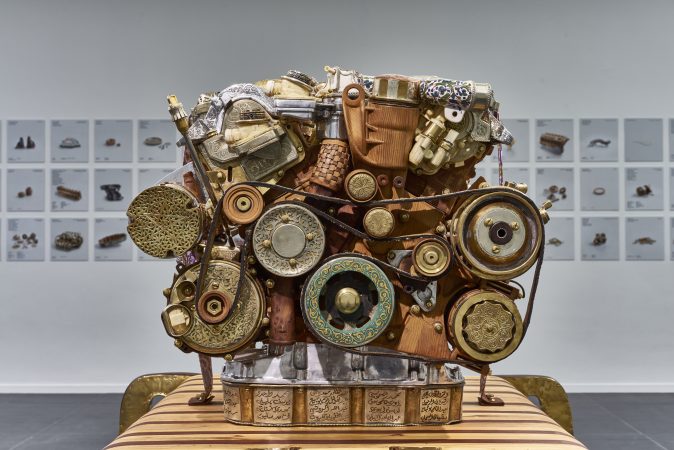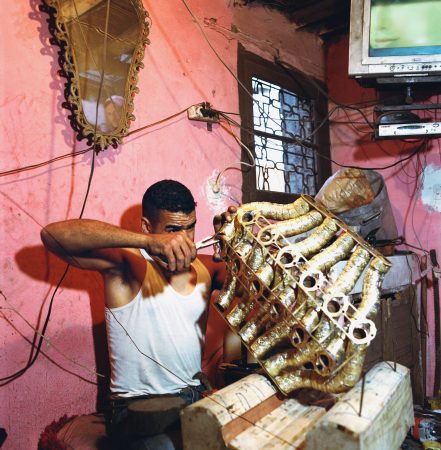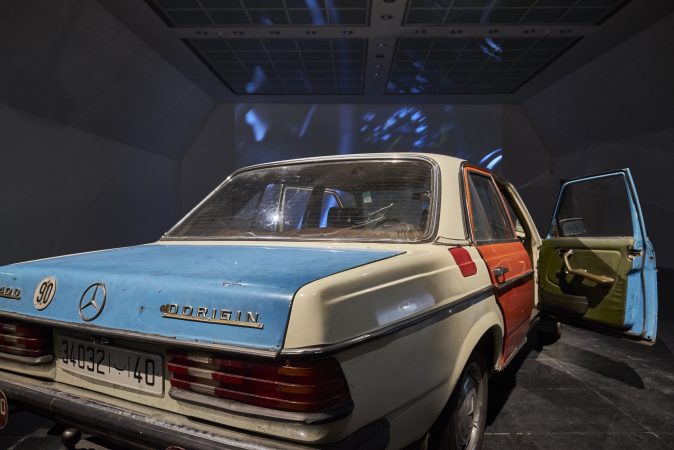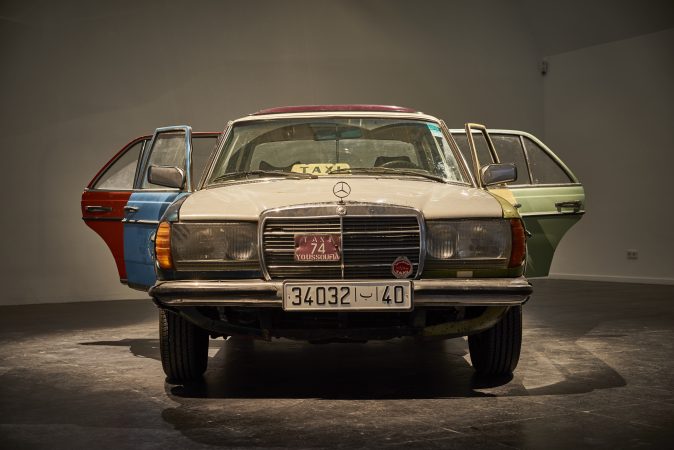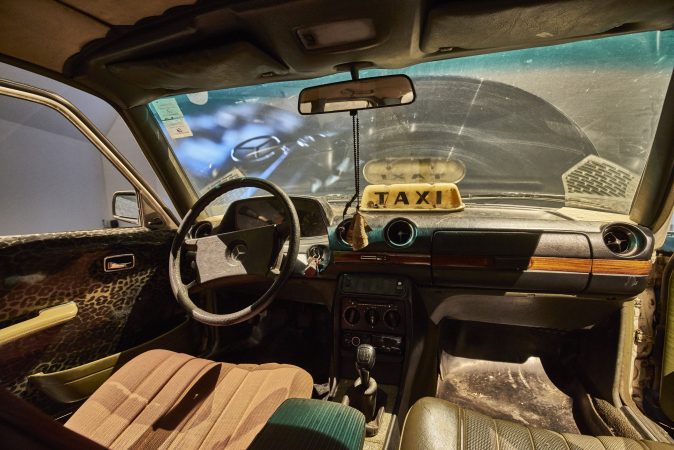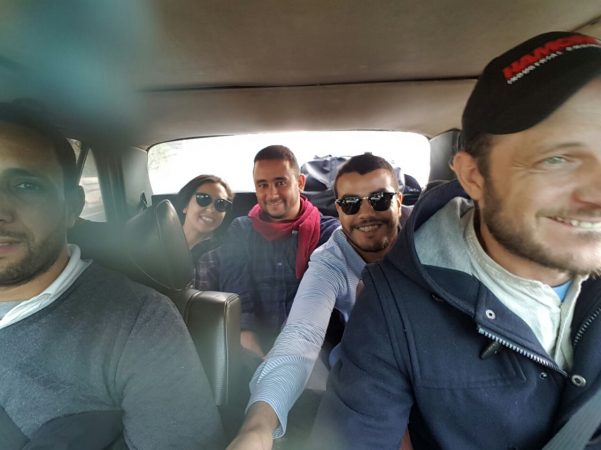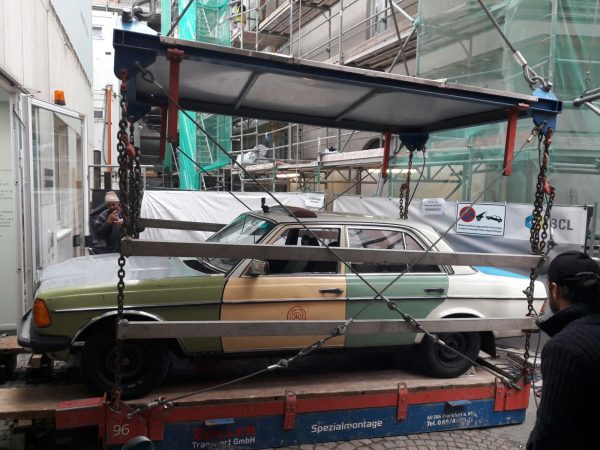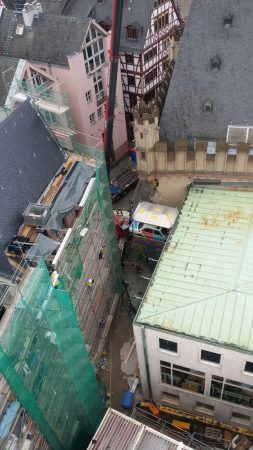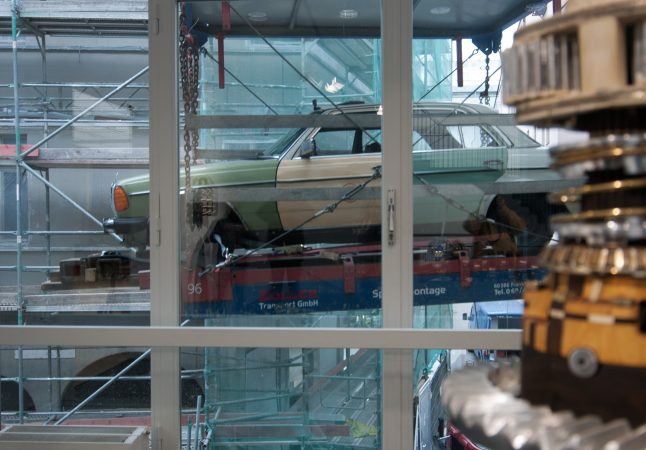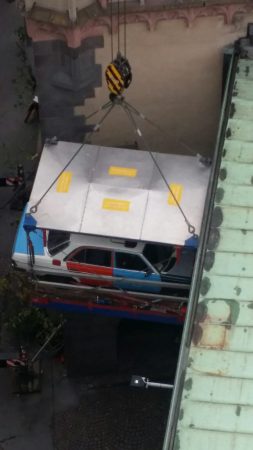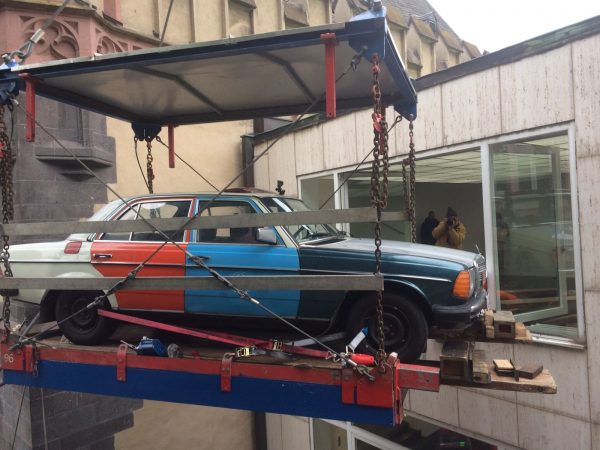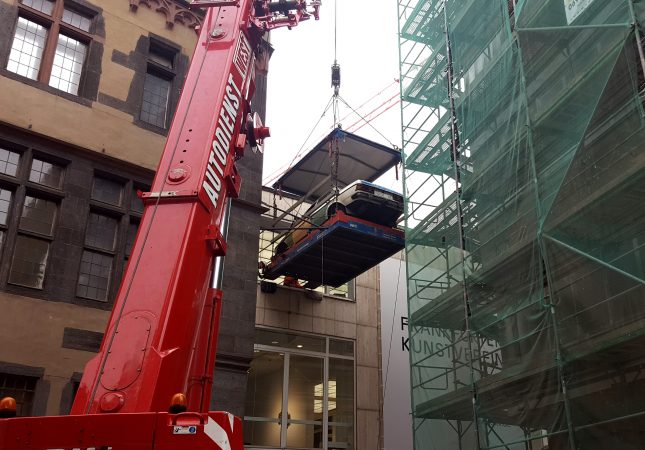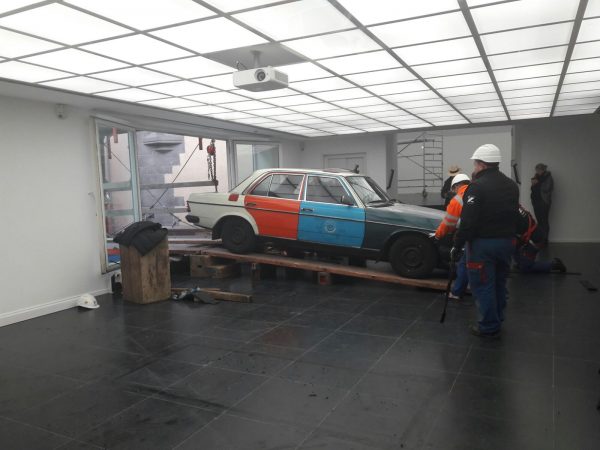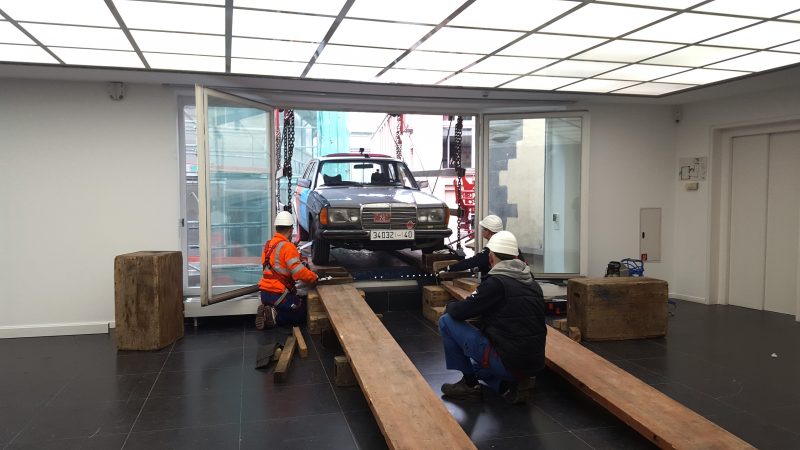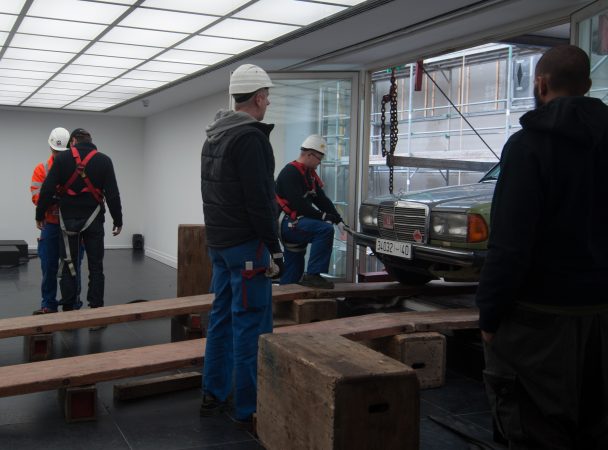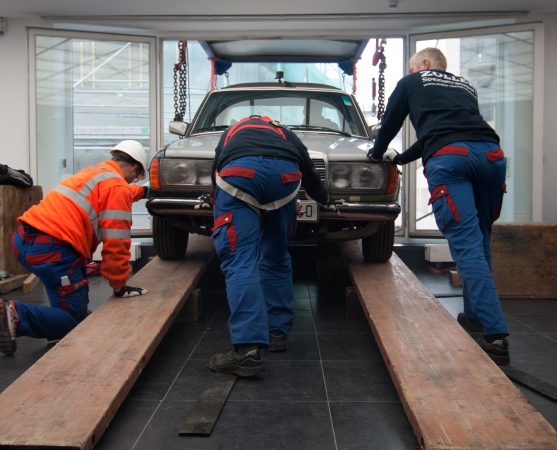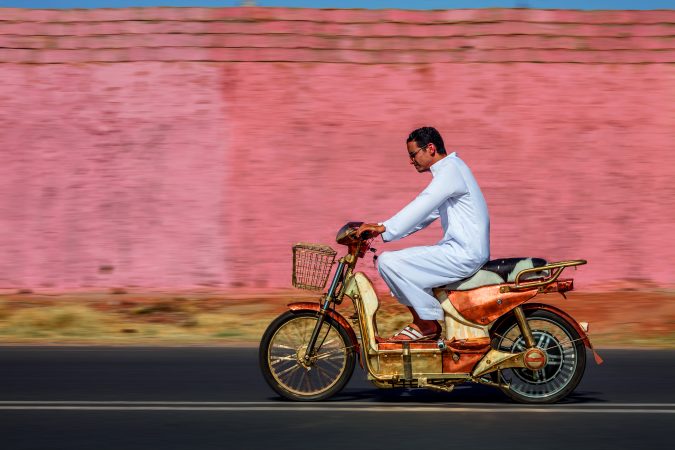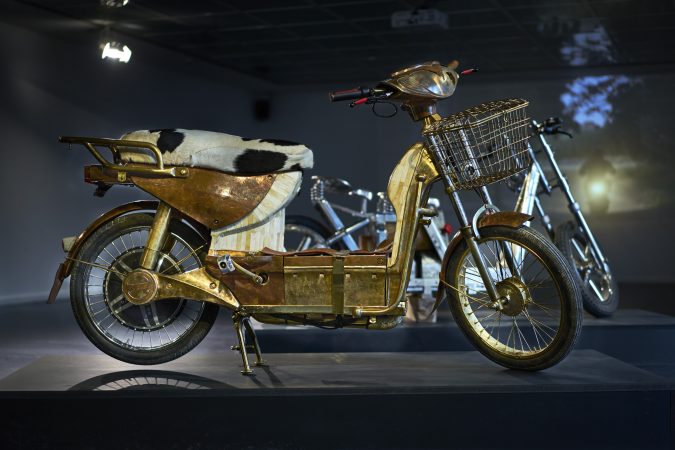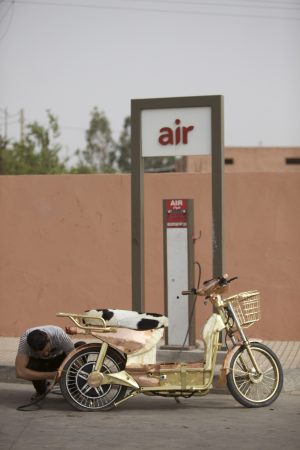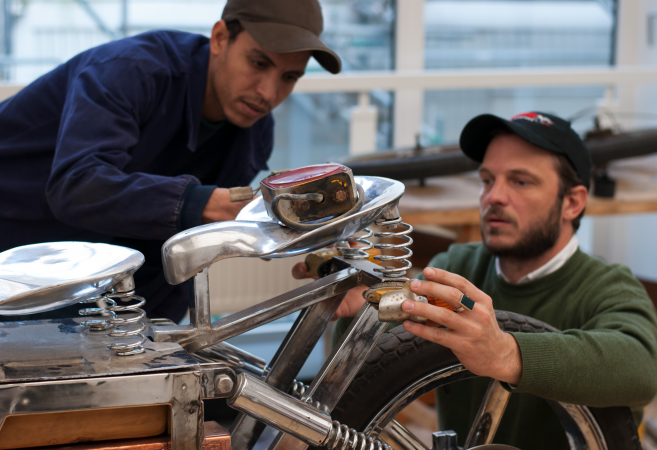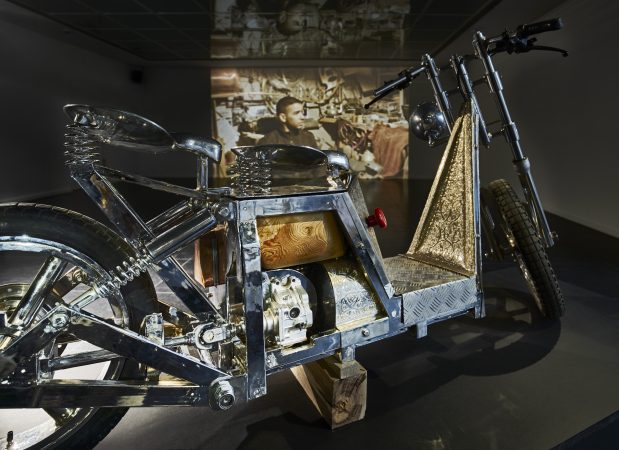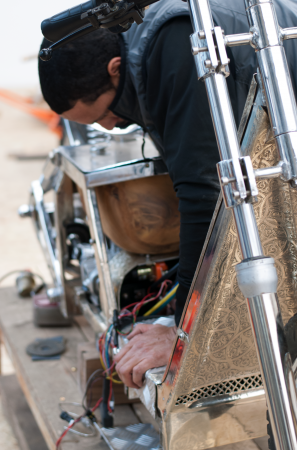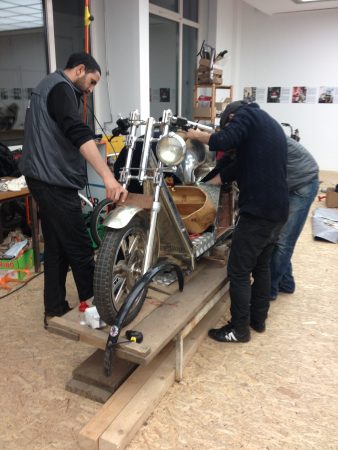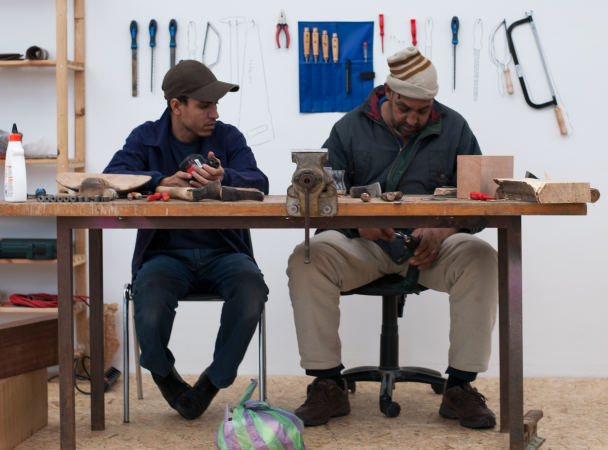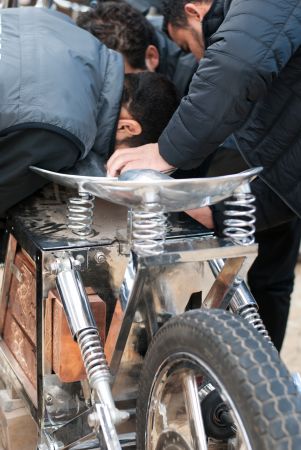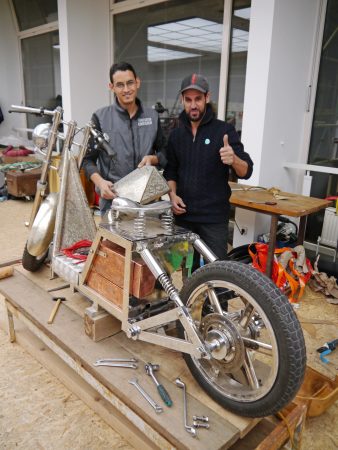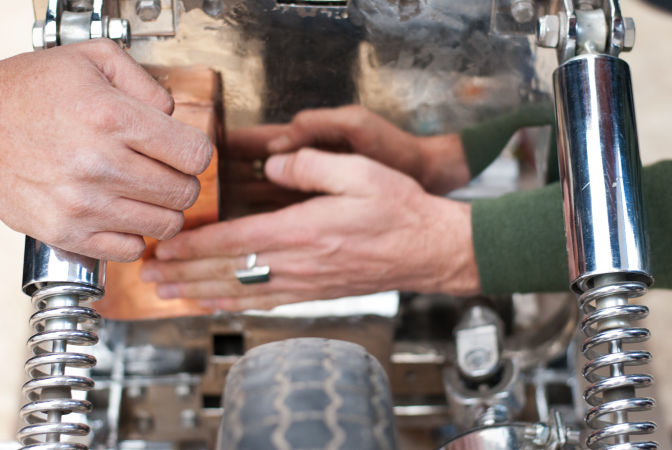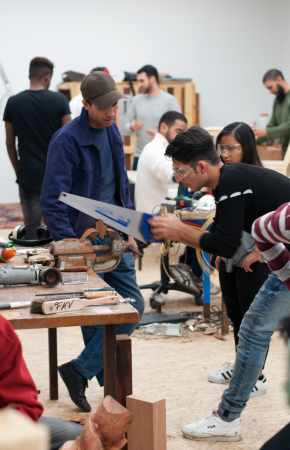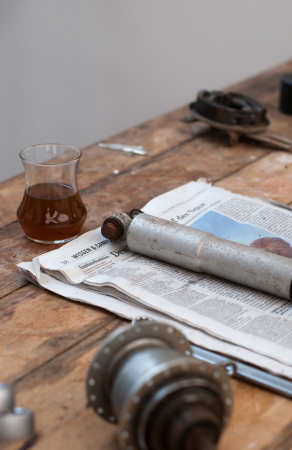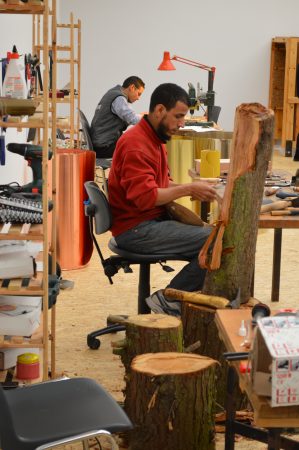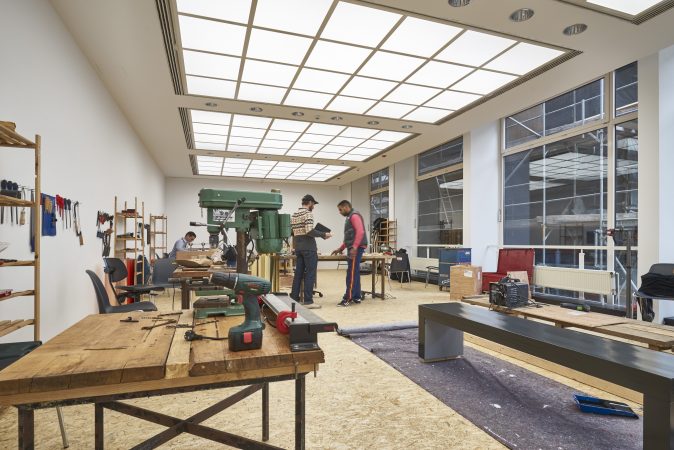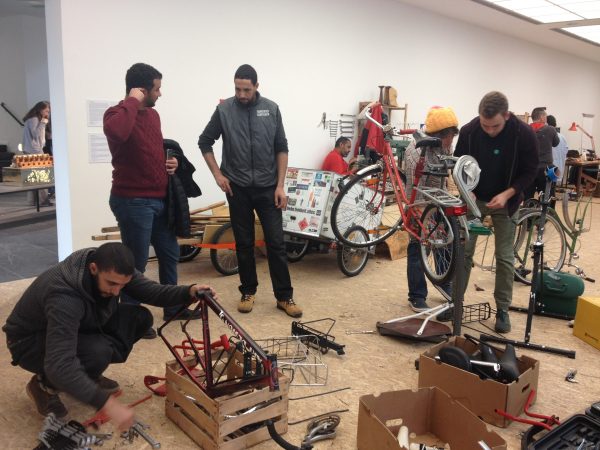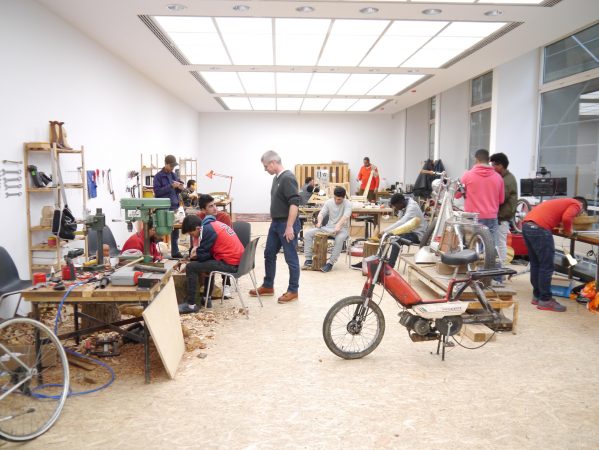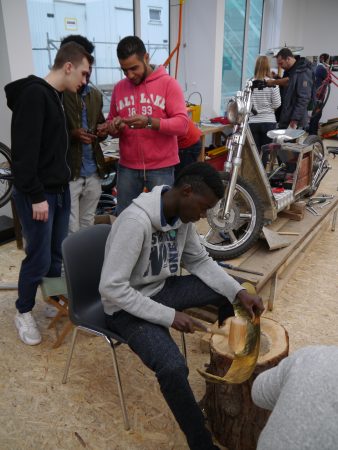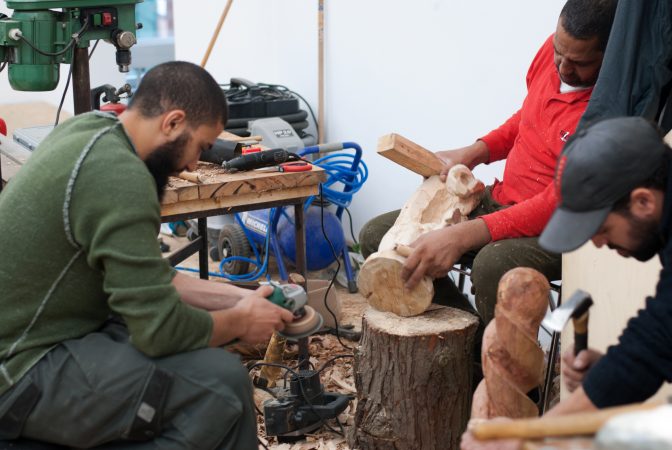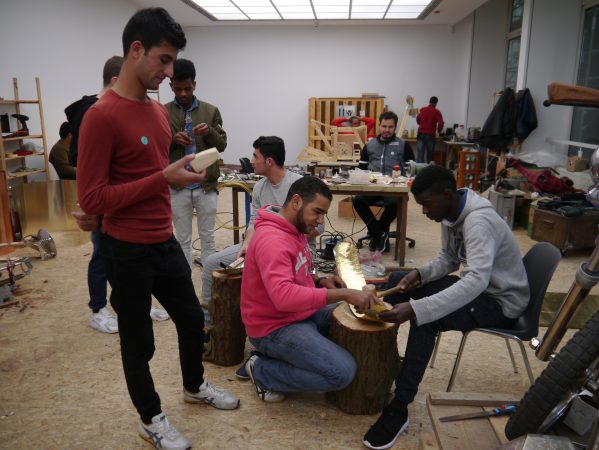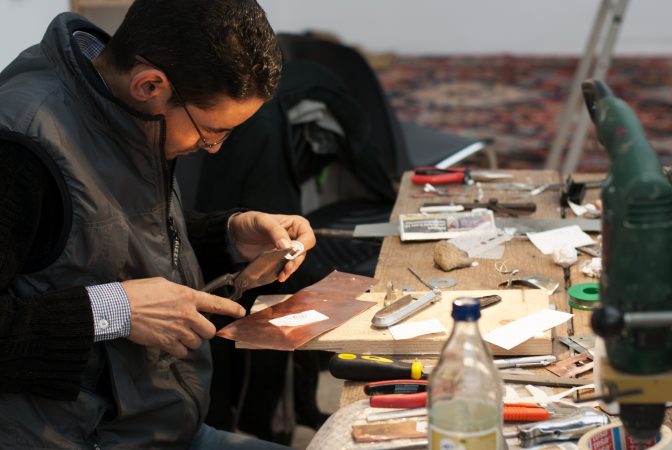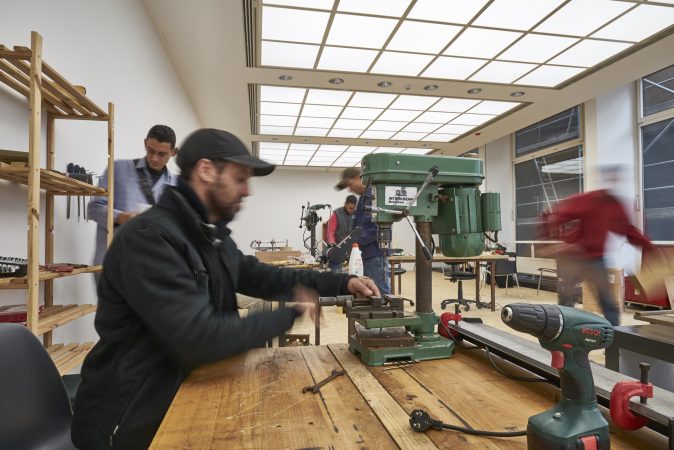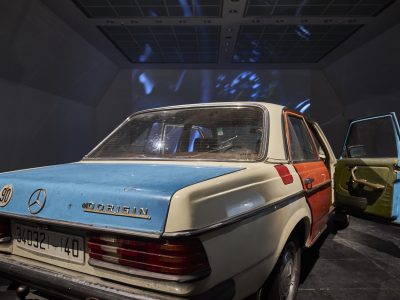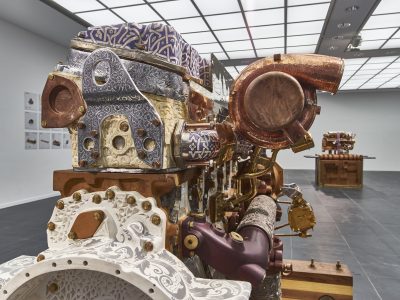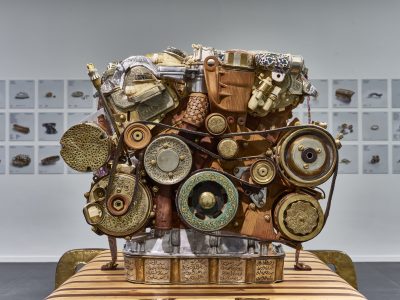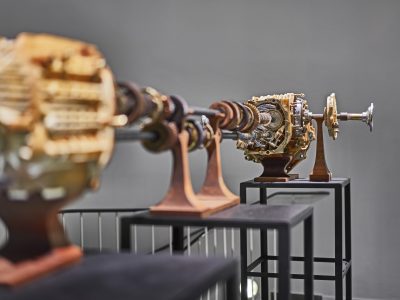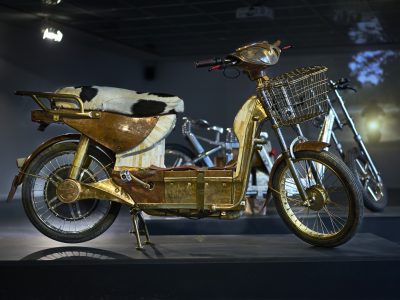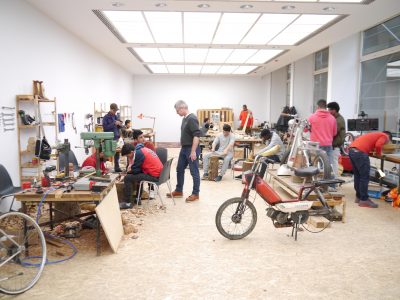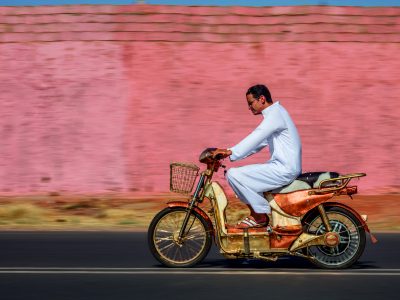Eric van Hove: Atchilihtallah – On the Transformation of Things
11.11.2016 — 12.02.2017
Opening: Thursday, November 10, 2016 at 7 pm
The Frankfurter Kunstverein presented Belgian-Algerian conceptual artist Eric van Hove’s first major institutional exhibition in Germany. In his sculptures, films and long-term projects, he creates complex ties between art, science and economy. Central to Eric van Hove’s work is the investigation of the transformation of economic processes. He examines the dualities between global economy and local production, as well as those of manufacture and industrial fabrication. His artistic strategy is based on crucial examination of both the history and origin of objects produced as commodities, which undergo a semantic shift within different cultural contexts.
The title of the exhibition Atchilihtallah refers to a Moroccan idiom, meaning “this is, what God gave us!” and reflects an attitude of trust and confidence in one’s own actions and handling of things. At the same time, it asks us to deploy the resources at our disposal in the most creative and efficient way.
Frankfurter Kunstverein presented a selection of the artist’s central works as well as numerous new productions developed in his studio in Marrakesh: sculptures as replicas of industrially fabricated components of cars and engines. The objects were developed by highly specialised Moroccan craftsmen in a long manual process using unconventional materials. van Hove also presented motorcycles as hand built copies of mass-produced vehicles. In both prototypes local production and the implementation of knowledge were paramount. Additionally, as van Hove sees himself as a conceptual artist, he strives to situate art as part of social and economic change with his work. In this context the signification and status of work plays a central role for him, not only as a fragmented productive unit of manufacturing time, but also as an action that both restores meaning to individuals and entire societies in what they do, and makes independence from global supply chains and capitalist hegemonies possible.
A Mercedes-Benz 240 D built in van Hove’s studio was specially designed for the exhibition in Frankfurt. The composite artwork was assembled from spare parts sourced all over Morocco before being driven from North Africa across Spain and France to Germany. By leaving their original context, the objects were provided with new signification: from objects of utility they were transformed into pieces of art. In the same process, those things became symbols for intercultural exchange.
Curator: Franziska Nori
We thank the German Embassy Rabat, Morocco and the Goethe Institute, Rabat, Morocco for their support.

